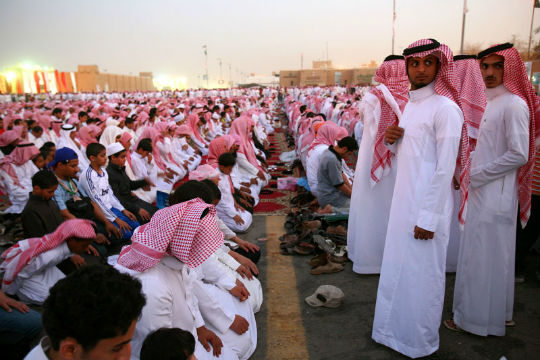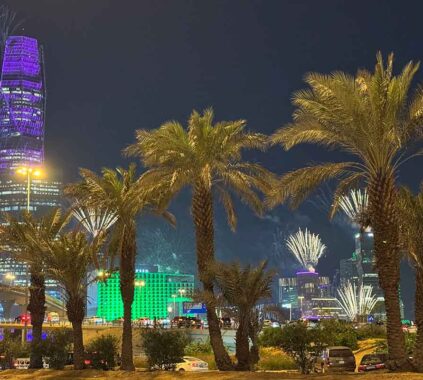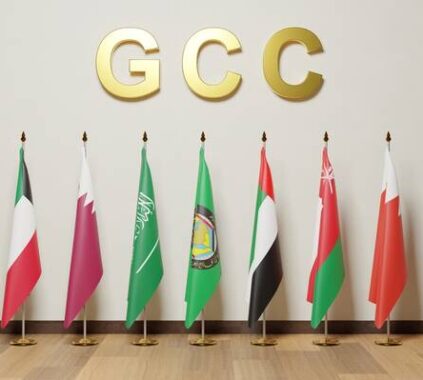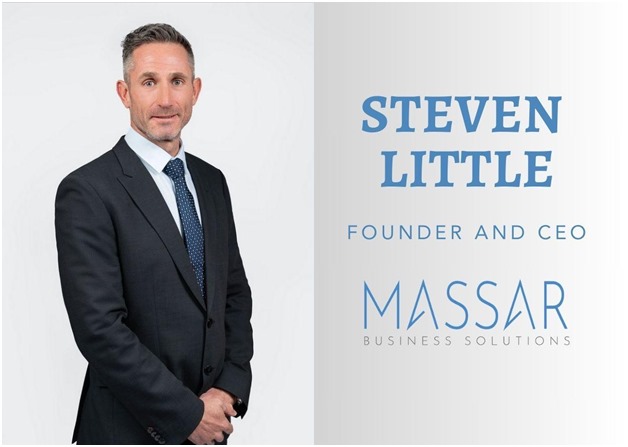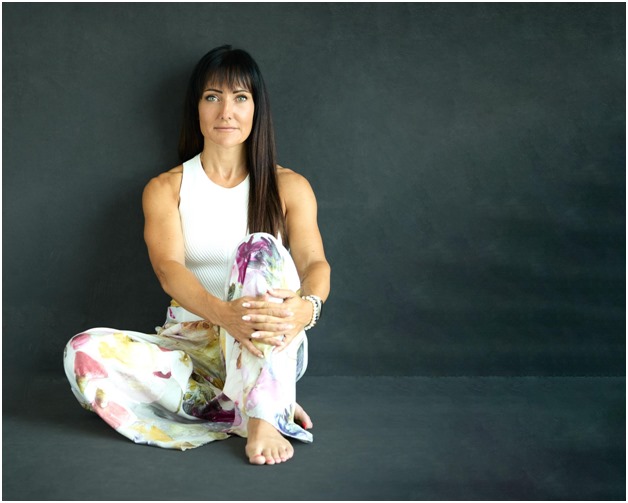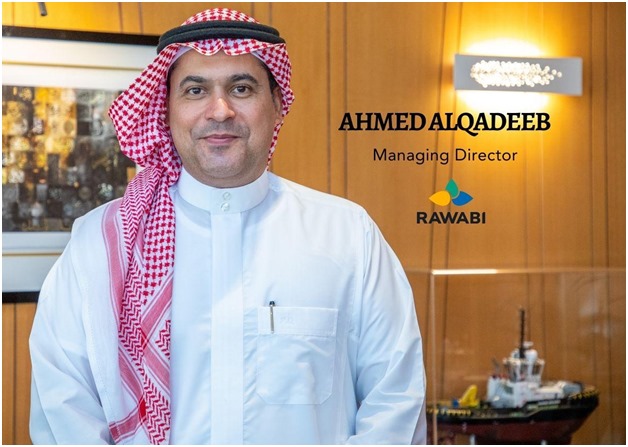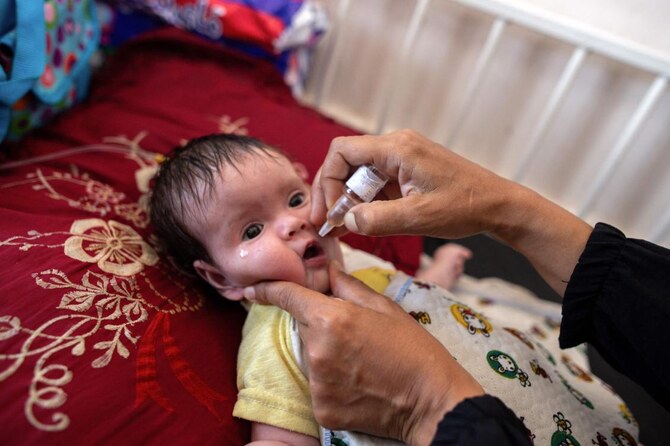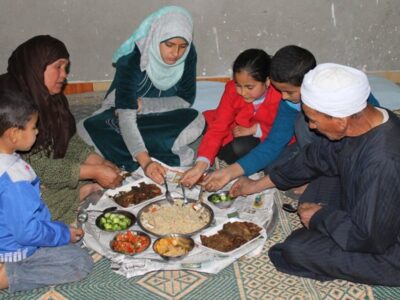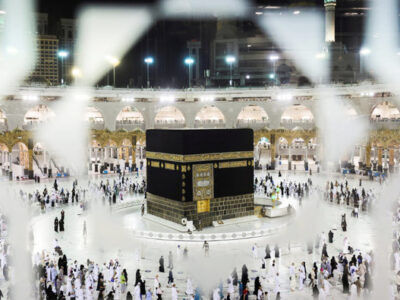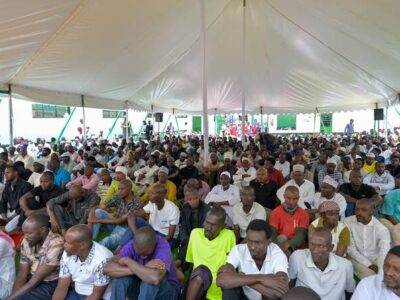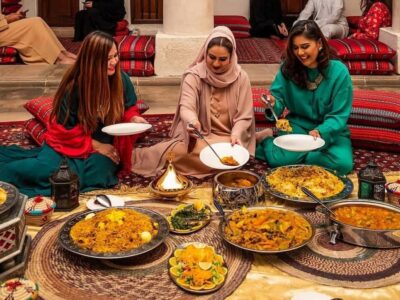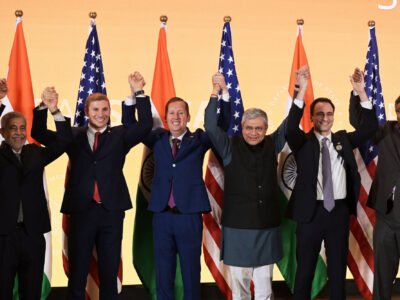In Saudi Arabia, the tradition of sabi a seventh-day celebration for newborns remains a cherished custom, bridging cultural heritage, Islamic practice, and the growing event industry. Unlike baby showers, which are often held before birth, the sabi takes place seven days after a child is born. It is both a joyful family occasion and a spiritual milestone, marked by prayers for the baby’s health, food shared with relatives and neighbors, and the child’s first introduction to the wider community.
The celebration is closely linked to the Islamic practice of aqiqah, a recommended Sunnah in which two sheep are sacrificed for a boy and one for a girl. The meat is then distributed to family, friends, and the needy. “Aqiqah is a way of showing gratitude to God for the blessing of a child,” said Jeddah resident Reda Omdah. “It strengthens family bonds while also supporting the community.
Many families also observe the symbolic shaving of the infant’s hair on the seventh day. Seen as an act of purity and blessing, some parents even keep the hair as a keepsake. For Omdah, the sabi is tied to cherished memories. “My family still talks about the celebration held for me and my twin brother. Because we were both boys, four sheep were sacrificed. My mother said the whole neighbourhood joined in, and food was shared with everyone.
Also Read:
Delivering Excellence in the Property and Investment Landscape: Benjamin Hunter
Driving Excellence and Transformation in the Pharma Landscape: Radwan Shaker Al-Zalak


